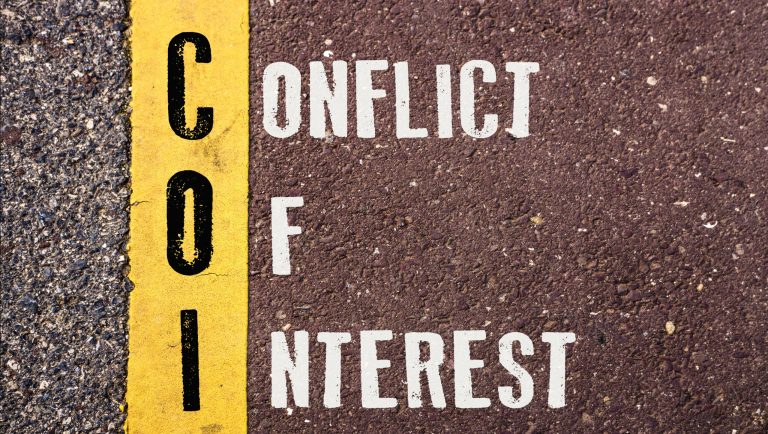Inputs to the UNEP negotiations
The International Panel on Chemical Pollution (IPCP) has developed several documents as inputs to the process to establish a Science-Policy Panel (SPP) on Chemicals, Waste and Pollution Prevention. These documents provide background and insights into issues under negotiation by the United Nations Environment Programme (UNEP) Open Ended Working Group (OEWG).






